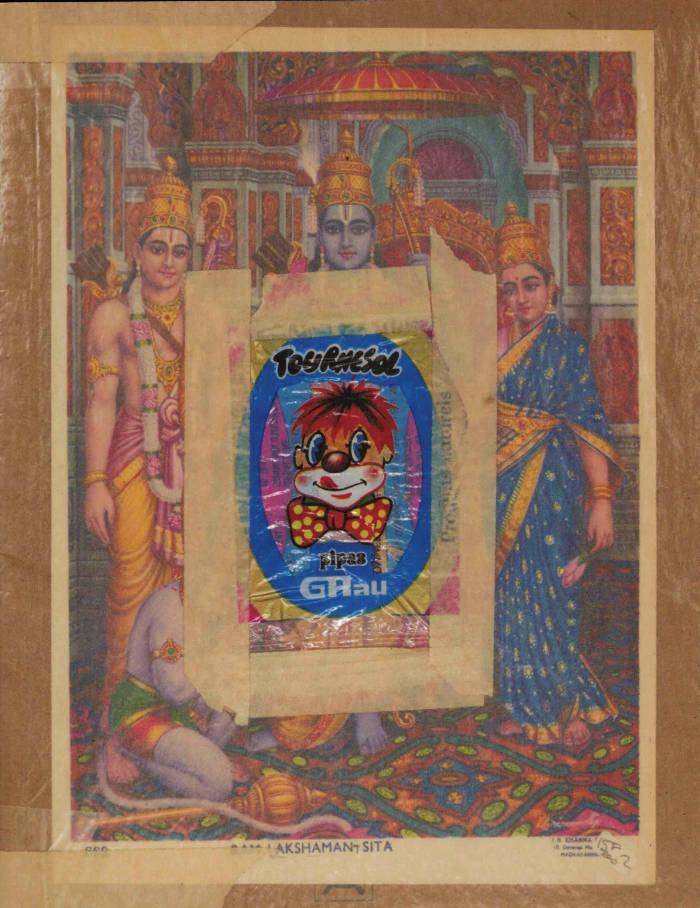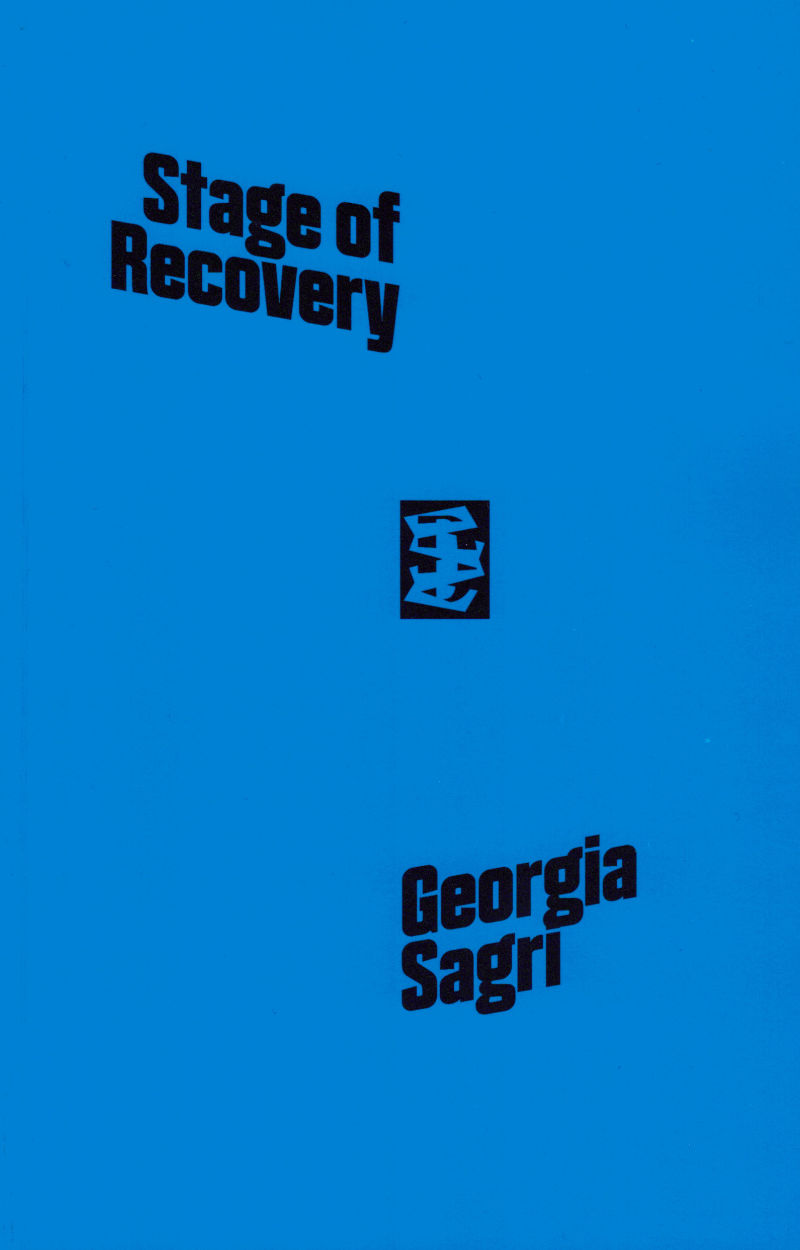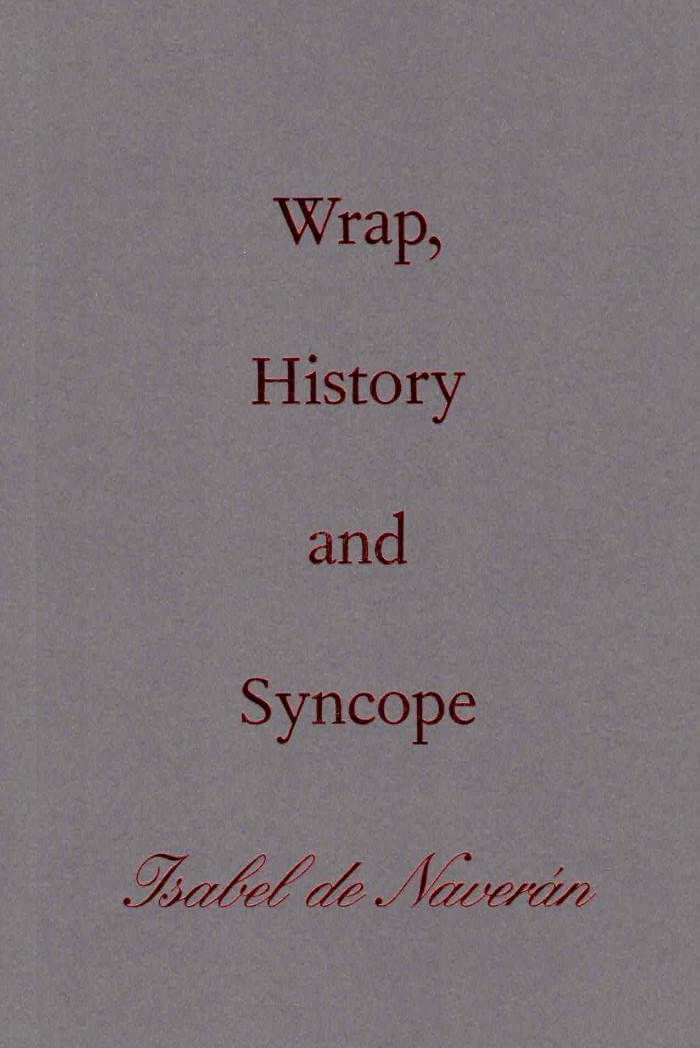
How Are Artists Chosen? Exclusivity, precarious work and asymmetries in Art Competitions
Ramaya Tegegne, Tiphanie Blanc
The third volume of a new series of publications by the collective Wages For Wages Against, acting for better work conditions in the visual arts and against all forms of discrimination.
In 2022, the collective Wages for Wages Against applied for the Swiss Art Awards with the ambition of questioning the very model of the prize and its impact on artists. Art competitions are presented as real opportunities for artists, and arise throughout their careers, starting with school—entrance selection procedure, juried evaluations, diplomas and honors distinctions—, all the way to professional recognition—Meret Oppenheim Prize, Marcel Duchamp Prize, Turner Prize, etc. Only a handful of artists are selected for merit-based reward. However, this logic of sorting and validation upholds an entire system that reproduces inequalities and that perpetuates precarity in a milieu that is exclusive, and thus excludes. The institutional practices of communication and selection, as well as the validation of unpaid labor, favor certain artists at the expense of others. In this context, we surveyed the artists who participated, are considering participating, or are not participating in the Swiss Art Awards competition, in the interest of understanding their experiences and sharing their demands. In a broader sense, we wish to rethink the founding principles of artists' support policies and work to build a less competitive art world.
Wages For Wages Against (WFWA, wfwa.ch) is a a militant collective and a campaign for the fair remuneration of artists in Switzerland, better work conditions, and an alternative economy of the arts.
Contributions by Nathalie Stirnimann & Stefan Stojanovic and Amandine Gay.







